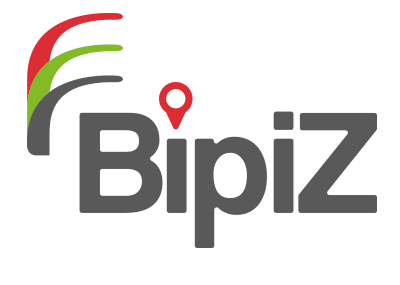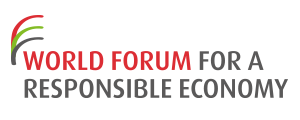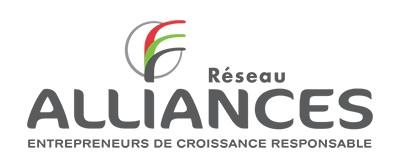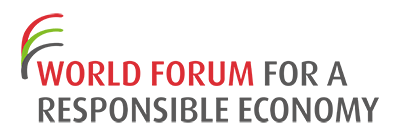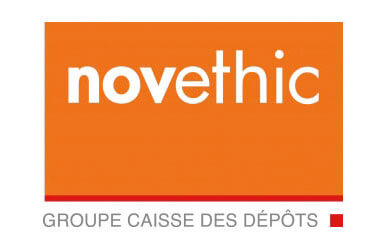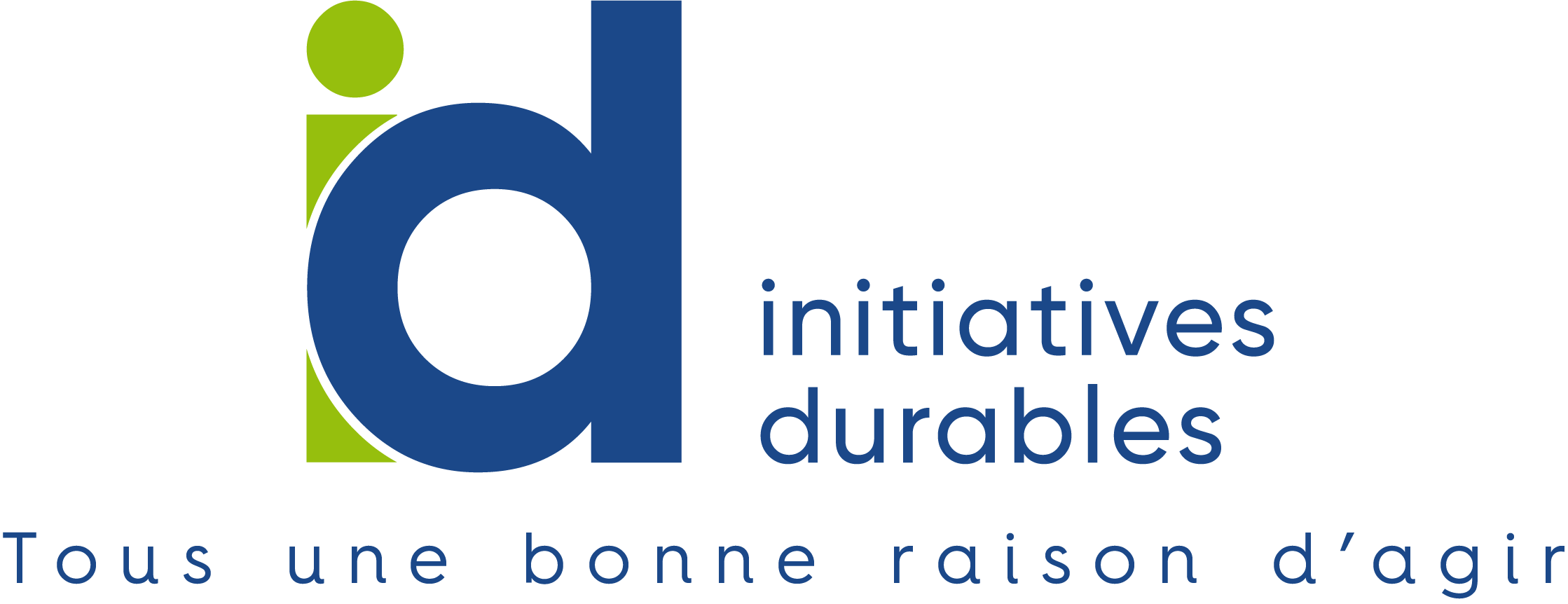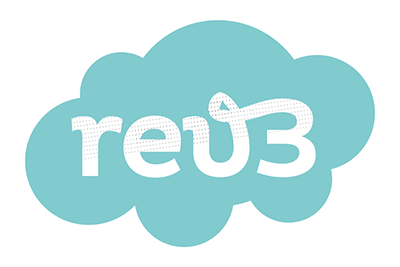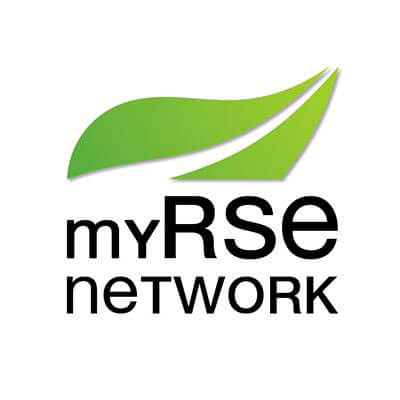Mark’s and Spencer’s (M&S) are one of the UK’s leading retailers, with over 21 million people visiting their stores each week. They’ve recently celebrated their 125th anniversary and continue to do business on the principles which their business was founded: quality, value, service, innovation and trust.
On 15 January 2007, M&S launched an initiative, known as "Plan A", to dramatically increase the environmental sustainability of the business within 5 years and expected to cost £200 million.
The plan covers "100 commitments over 5 years to address the key social and environmental challenges facing M&S today and in the future" with the tag-line "Because there is no Plan B". The commitments span five themes: climate change, waste, sustainable raw materials, 'fair partnership' and health.
